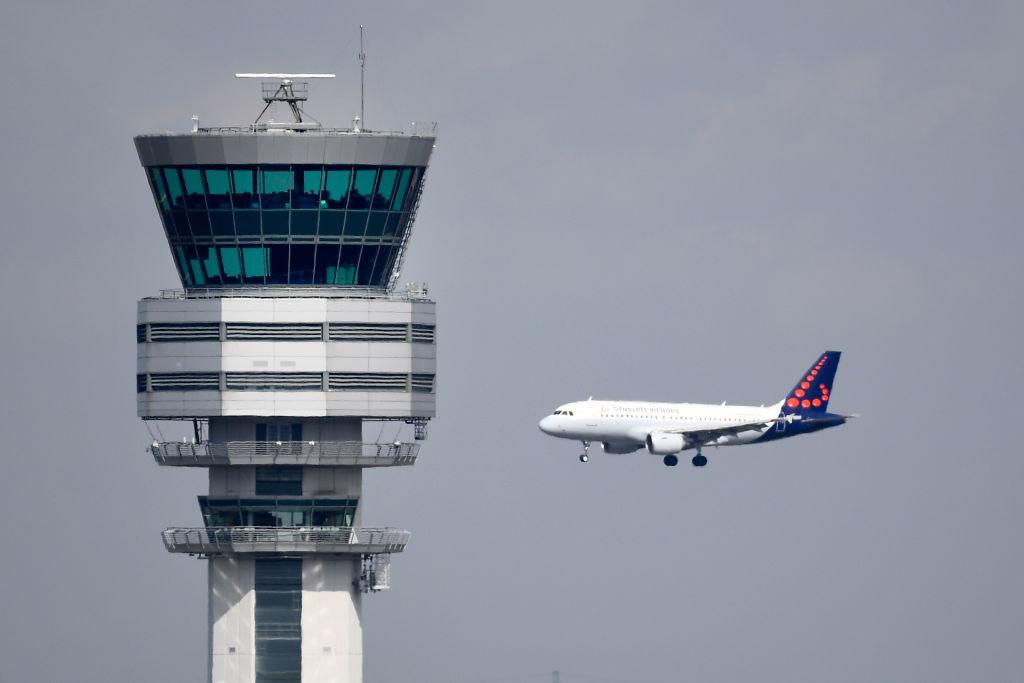
Credit: Yorick Jansens/AFP/Getty Images
EASA has expressed concerns over reduced skill levels among air traffic controllers (ATCOs) as a result of the pandemic and suggested methods by which individual controllers and air navigation service providers (ANSPs) can ensure professional standards are maintained. The European safety regulator...
Subscription Required
This content requires a subscription to one of the Aviation Week Intelligence Network (AWIN) bundles.
Schedule a demo today to find out how you can access this content and similar content related to your area of the global aviation industry.
Already an AWIN subscriber? Login
Did you know? Aviation Week has won top honors multiple times in the Jesse H. Neal National Business Journalism Awards, the business-to-business media equivalent of the Pulitzer Prizes.

